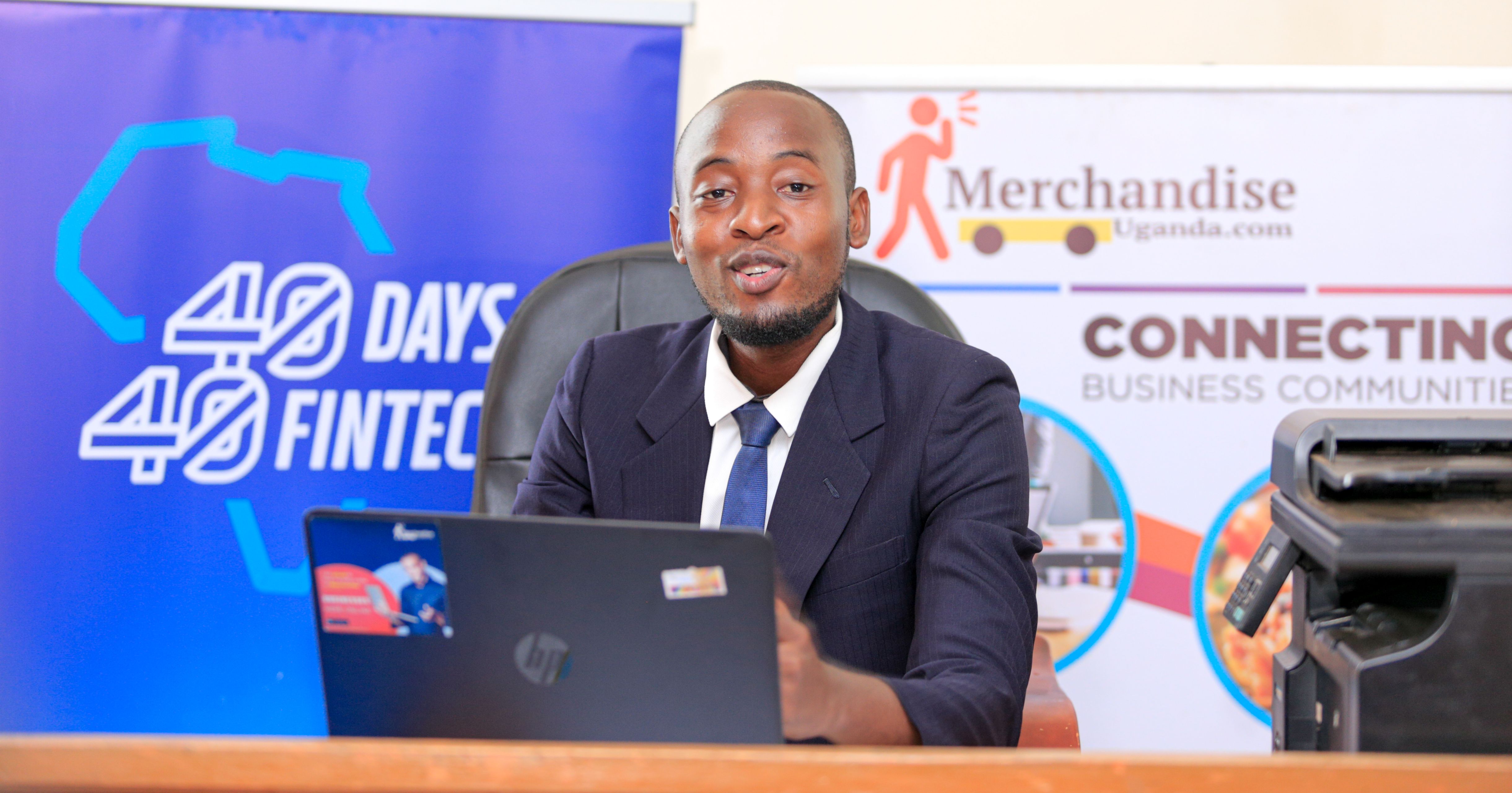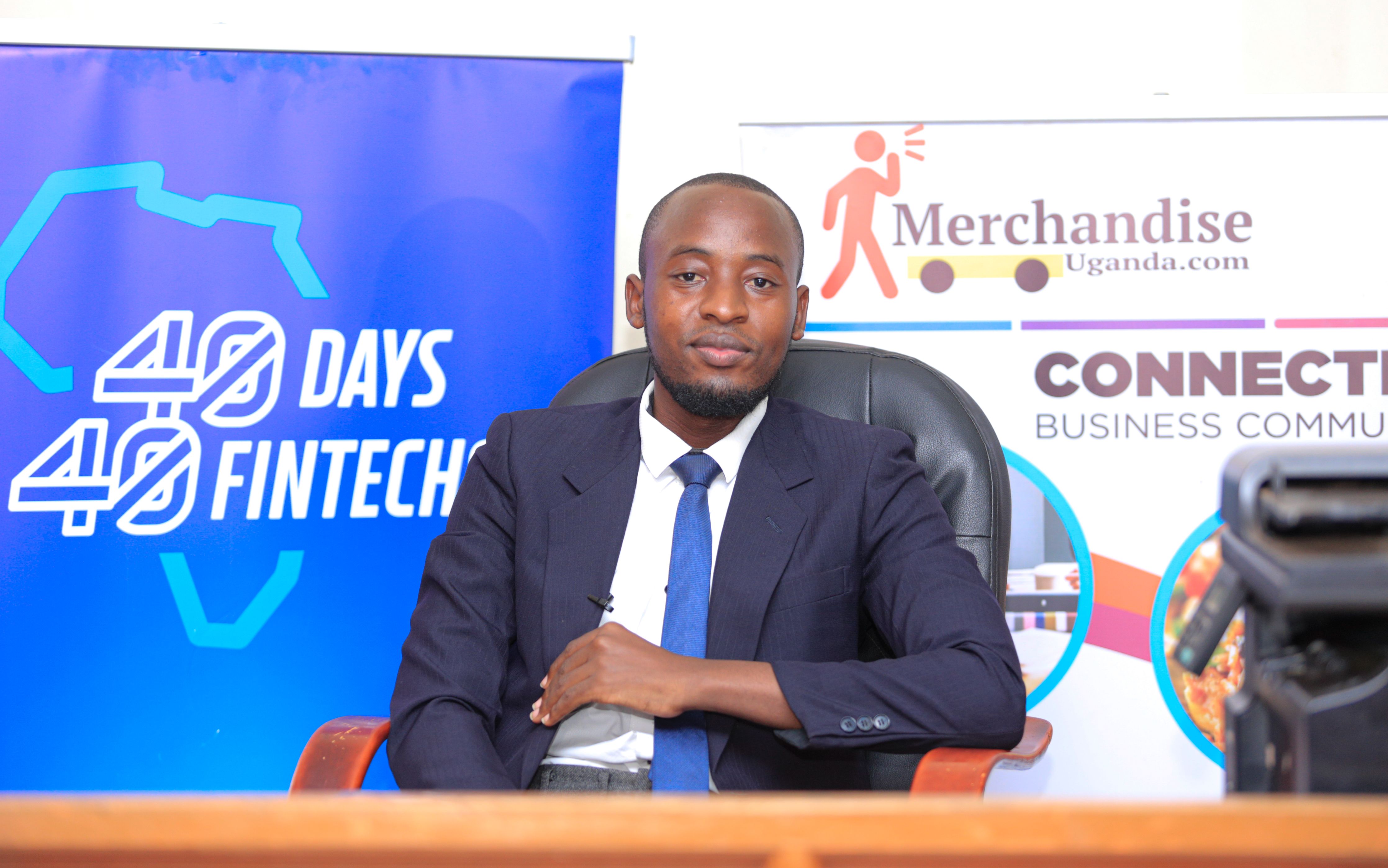
Our Reporter.
Anyone doing business in Uganda will tell you that paying rent is one of their biggest nightmares. Whether you have made profits or not; whether you have spent the month sick or away attending to a patient, or whether you were in a Covid-19 lockdown; the landlord will always want their rent paid in full and on time!
Failure to pay rent has actually been identified as one of the biggest reasons for the high turnover of businesses, especially in city arcades and malls.
It is against this background that Merchandise Uganda – an online marketplace – was formed.
Nurudin Busingye, the Merchandise Uganda General Manager says prevailing trends call for cheaper ways of doing business, and nothing beats online trading in cost-effectiveness.
“We realized that there is a lot of inequality in business where people don’t have money to rent at strategic locations. So, we said you can have your stock at home or you can import products and put them in a warehouse and open up an online shop on Merchandise Uganda to showcase your products to both local and international markets,” Busingye said.
On top of this, there is an estimated 20 million Ugandans who don’t have access to markets yet they have products to sell. And the rest of the population is looking for those products.
“So, at Merchandise Uganda, we developed this system to ensure that sellers have access to buyers and vice versa with just the use of their phones or computers,” he adds, noting that the main focus is on women SMEs.

“We see ourselves as a revolutionary company transforming traditional trade to global trade. People now work from home and have adopted technology; our goal is to ensure that Ugandan products are known not only to the local market but also the global market.”
HOW IT WORKS
When you have a business or products to sell, you just visit www.merchandiseuganda.com and open up a shop. A seller/trader is required to provide their name or business name, location, contact details, good photos of products and videos of how the products work (if need be).
When someone wants a product, they go to the website or download the Merchandise Uganda app and search for the product they want. Then people with such a product will be listed and the client can contact them directly.
“We have a partnership with delivery companies. All our suppliers are assigned to these logistics companies. So, when the client makes an order, the delivery company is notified to pick the product and deliver it,” he says, noting that clients use mobile money and banks to make payments.
“We are working on creating e-wallets to create a complete ecosystem…”
Started in 2019, Busingye says the Covid-19 pandemic saw a huge rise in the number of users with numbers jumping from less than 200 to more than 600 in just one year and more than 10 million product views.
“This is a good number. Remember these people don’t go to Merchandise Uganda to chat; they go there to do business,” he says.
Going International.
Merchandise Uganda is the 12th participant in this year’s 40 Day 40 Fintechs initiative by HiPipo.
Now in its third edition, the 40 Days 40 FinTechs initiative offers participants useful tools and an introduction to the industry’s emerging technologies, such as Mojaloop Open Source Software, and guidance from Level One Project foundational material. The skills gained from this initiative cover Level One Project Principles, Instant and Inclusive Payment Systems (IIPS), Inclusive Finance and FinTech in general.
Busingye is full of praise for the 40 Day 40 Fintechs initiative for having given them free publicity in last year’s edition which is already paying dividends.
“We recently had a partnership with a European company which wants to do business with Ugandan suppliers. We also got contacts in South Africa who want us to open a branch that side. All this was a result of the 40 Days 40 Fintechs 2021 edition,” he says.
And for Innocent Kawooya, the CEO HiPipo, this revelation is testament to their mission of connecting the global markets.
“The beauty about the digital market is that it has no barriers, and no borders. Merchandise Uganda’s story gives us the satisfaction our goal of Including Everyone is taking shape,” he said.
Busingye however calls for more sensitization of Ugandans about the use of technology and digital tools.
He adds that they introduced a program to support women get online shops for free.
“We are conducting trainings for women. We have over 65% women-led businesses on our platform. Our aim is not to just make money, but also to support the communities, especially women,” he says.
Meanwhile, Kawooya says Digital Innovators and FinTechs around East Africa should be more eager to embrace 40 Days 40 FinTechs as Season three covers physical destinations in Uganda, Kenya, Tanzania, Burundi and Rwanda.
He added that this year’s edition seeks to cement achievements of the previous editions – such as Merchandise Uganda – but also build on them to leverage digital financial inclusion in East Africa and beyond.
“As HiPipo, our extensive effort and advocacy is partly for the intention of championing digital innovation and interoperable instant and inclusive payment systems (IIPS) in Africa to a point where our innovators enjoy and achieve sound profit margins to help them keep designing and deploying affordable and inclusive financial services for the poor,” he said.
